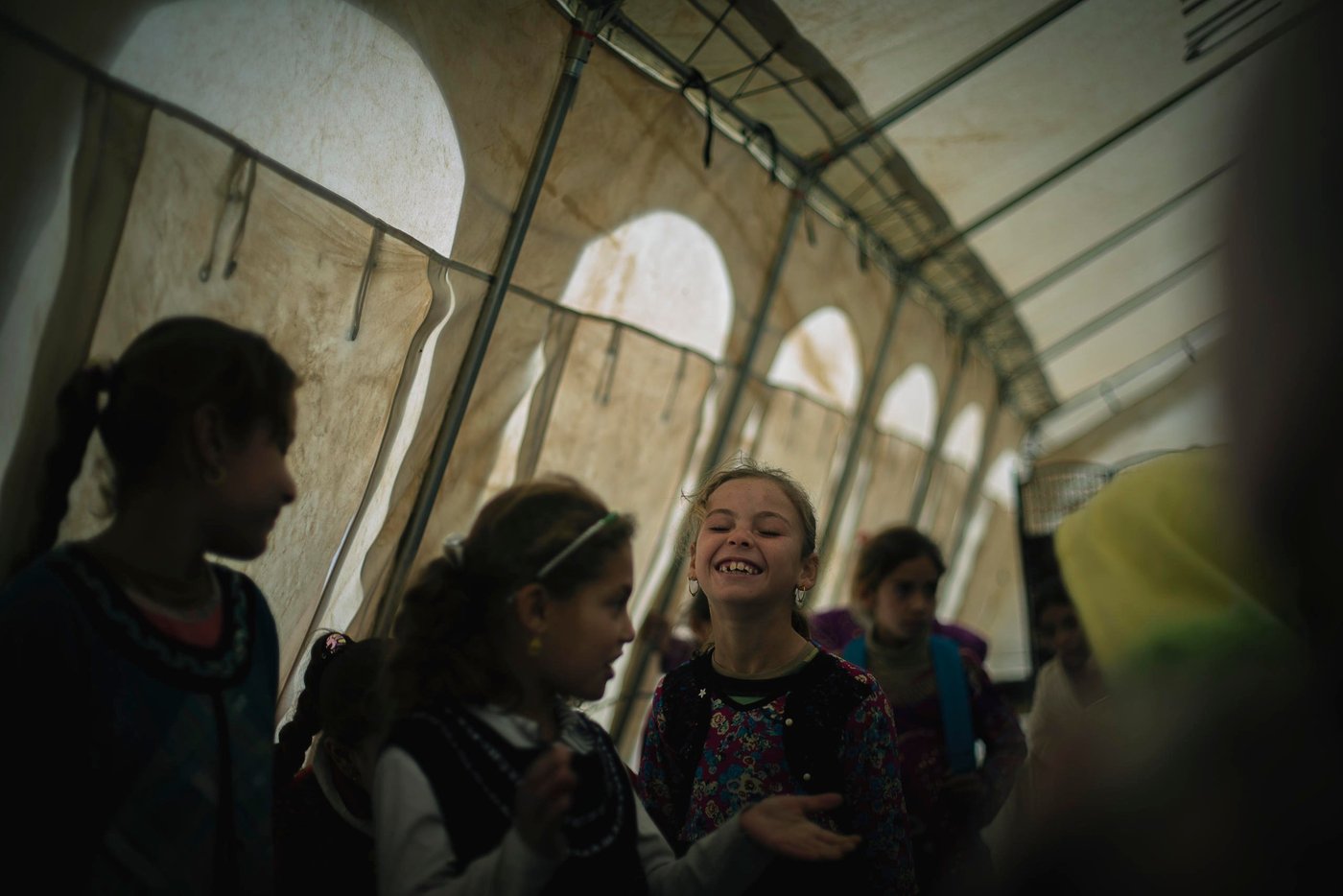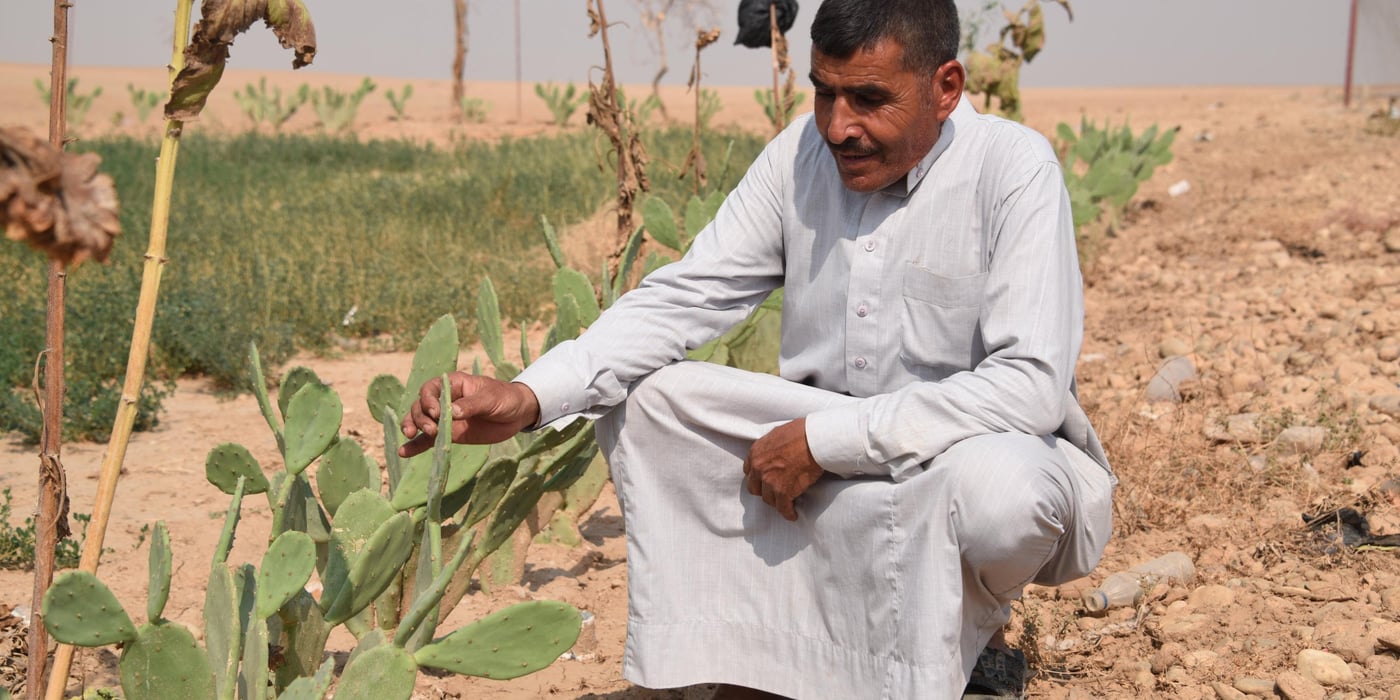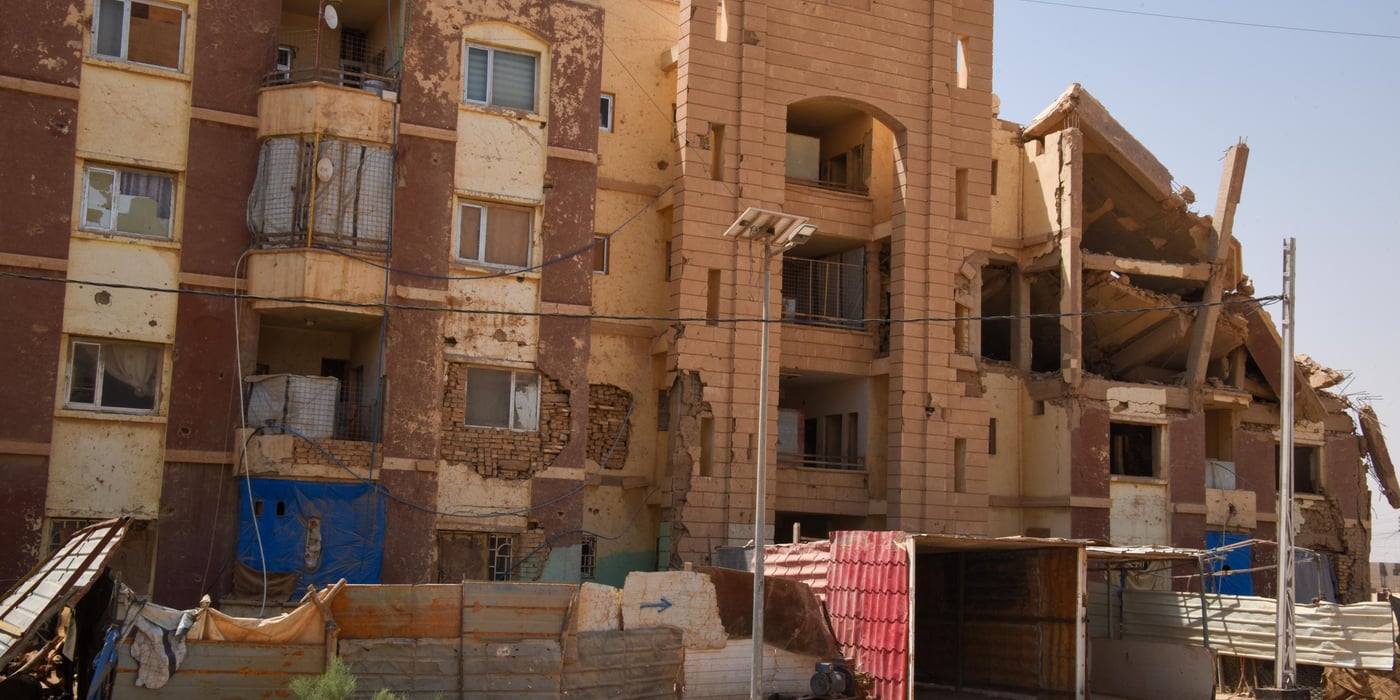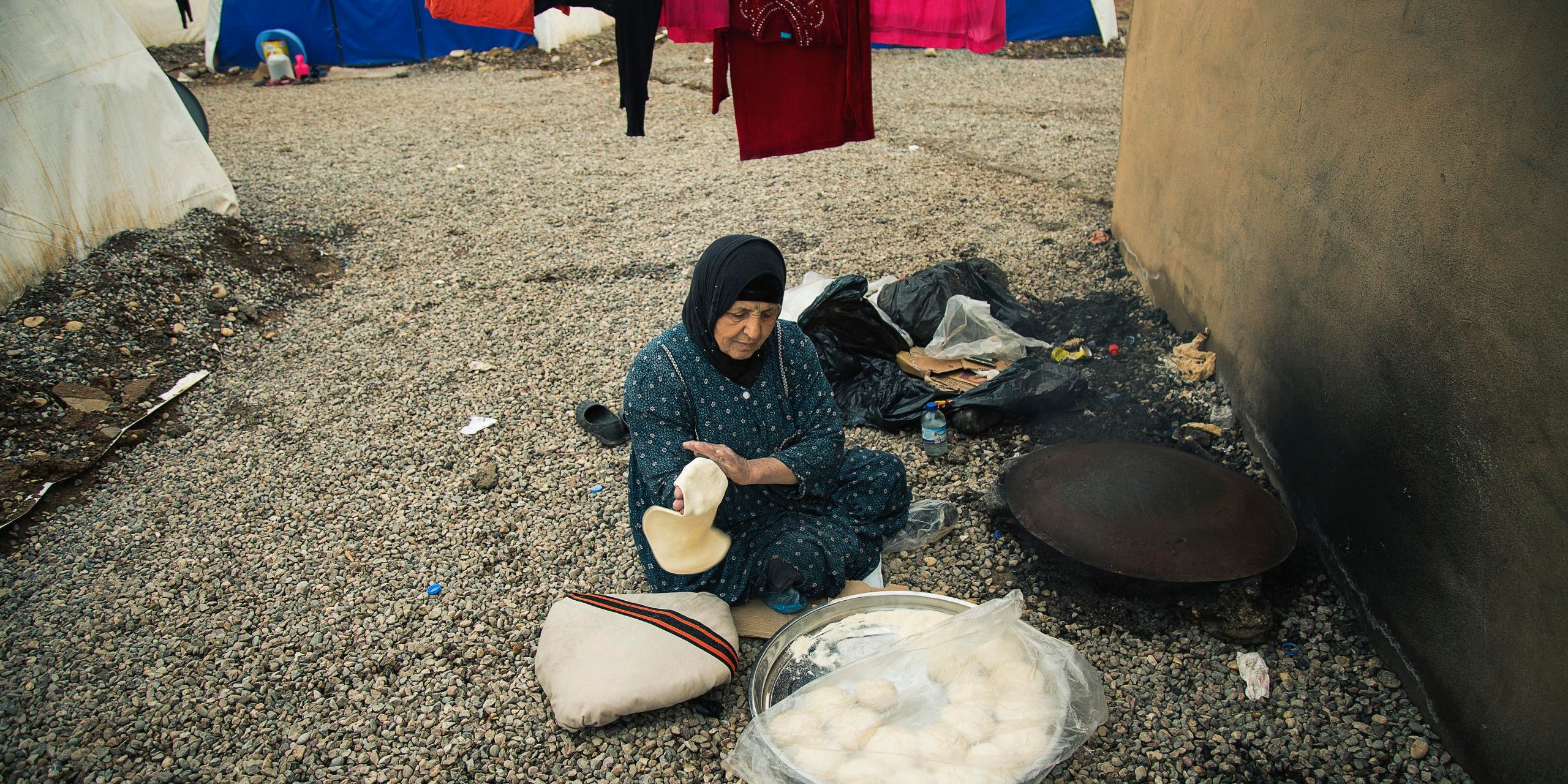
An estimated 750,000 Iraqis are inside western Mosul still under ISIS control with initial reports indicating severe food, water, fuel and medical shortages.
“The rate of civilian casualties remains worryingly high as people are not able to flee to safety. Among the ones who have escaped, we are meeting Iraqis with urgent medical needs. Some have told us they walked for over ten hours in the cold without any water or food, and they are in need of a roof over their heads, warm clothes, medical assistance, and food and water. Those still trapped inside Mosul city are in even graver danger due to the fighting and shortages and, 100 days since the fighting started, we still have no way to reach them,” said the Norwegian Refugee Council’s Country Director in Iraq, Wolfgang Gressmann.
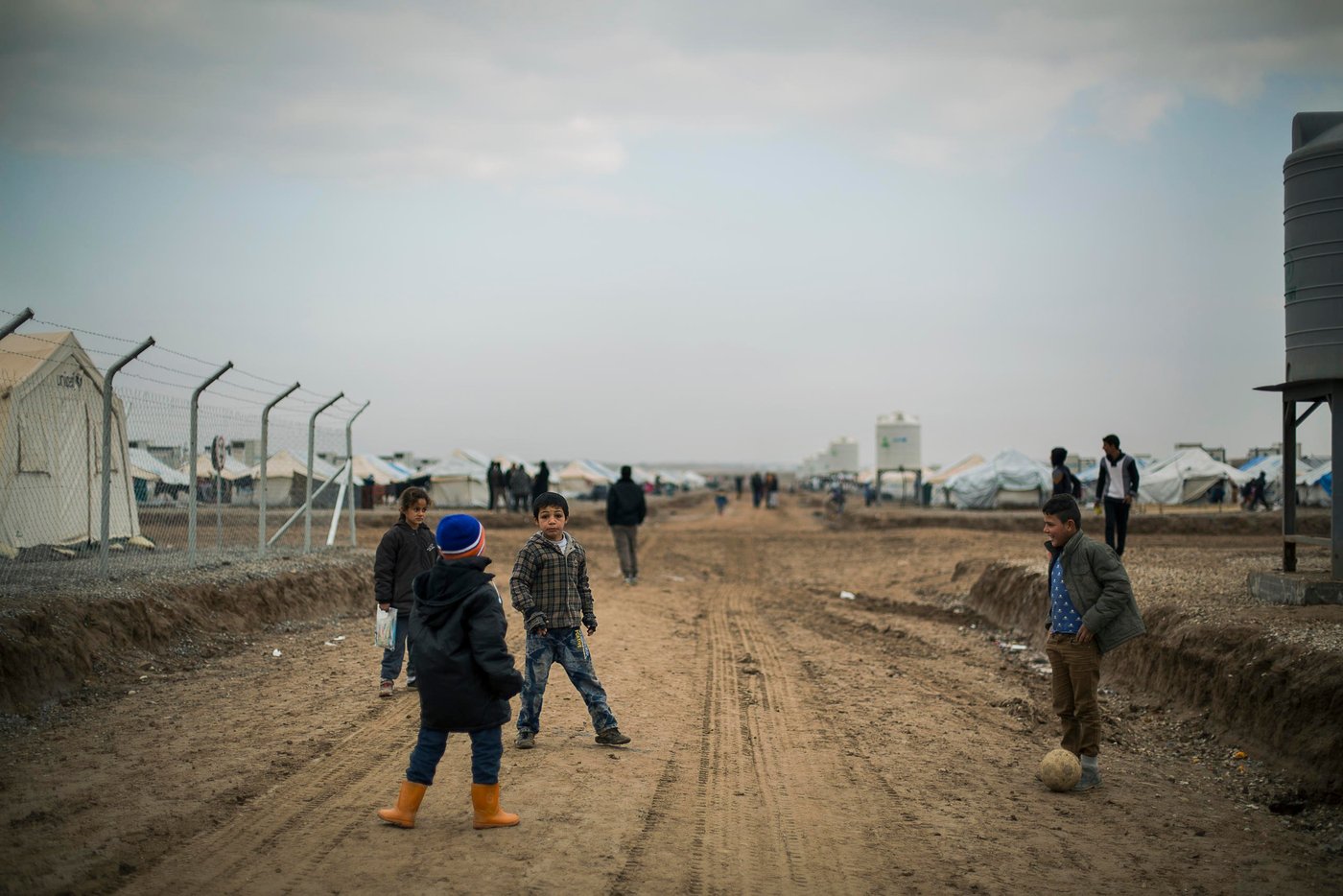
More than 180,000 displaced
The new year started with more civilian casualties and more people displaced in Iraq, which is currently undergoing one of the most complex and volatile conflicts in the world. More than 180,000 Iraqis are currently displaced as a result of the fighting in Mosul city, which started on 17 October.
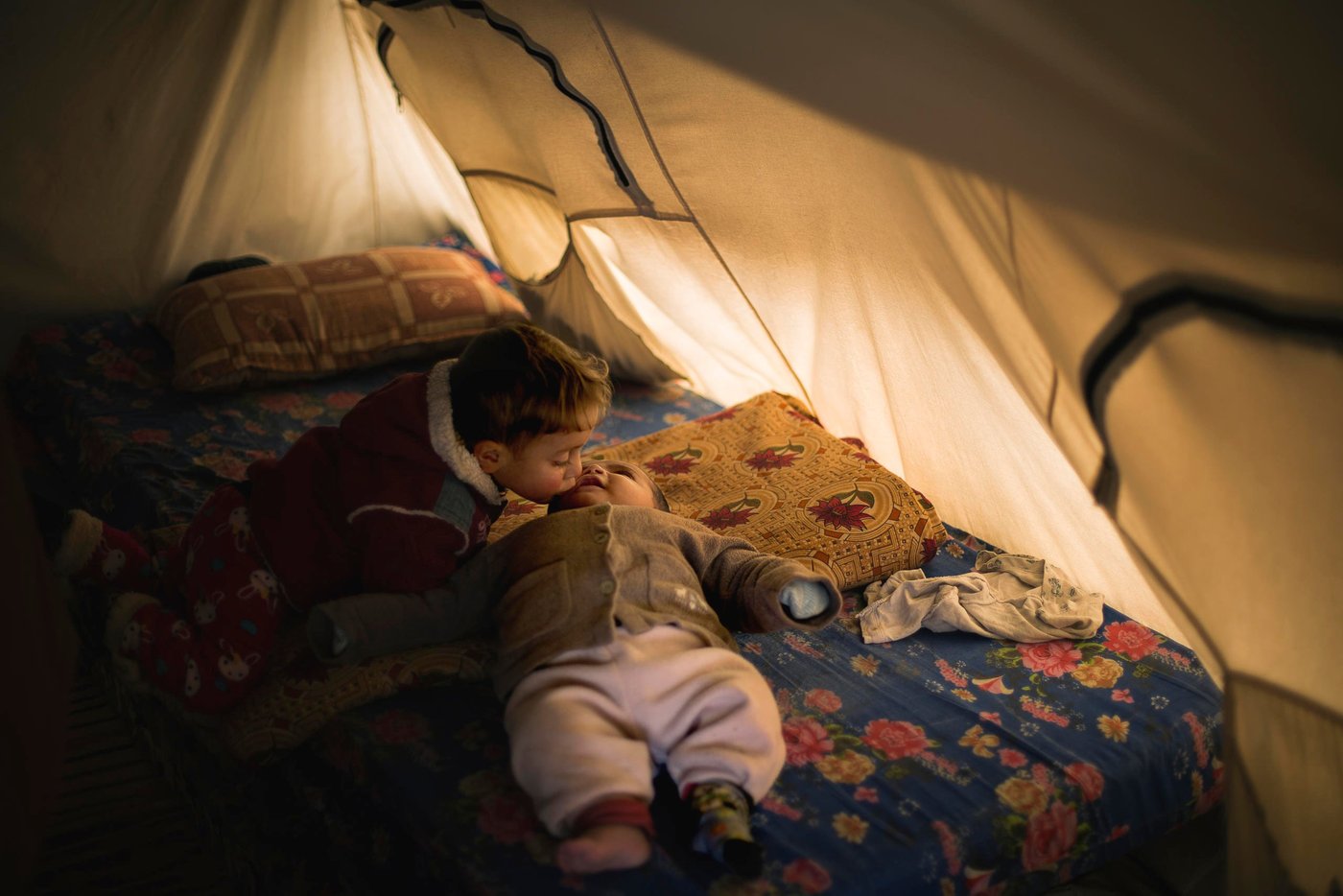
Not giving up
A survey carried out by NRC last month among displaced Iraqis from Mosul found a remarkable majority optimistic about returning home one day and living safely in their country. Sixty per cent desired to return back to their homes as soon as conditions allow, and a similar percentage of Iraqis interviewed said they preferred staying in Iraq even if they had the chance to leave to another country.
For the families who have returned to areas retaken by the Government, the conditions have barely improved. Many are living in unsafe conditions, without access to services, education, and job opportunities.
“Iraqis have not given up on a safe and peaceful future after more than a decade of conflict and suffering,” Gressmann said.
“We have yet to see a concerted plan by the international community on how it will support the Iraqi government to make sure this happens. While aid agencies are providing emergency relief, this is not enough unless Iraqis can live in peace and side by side. We now have the chance to make sure that their optimistic hopes, rather than their worst fears, become a reality.”
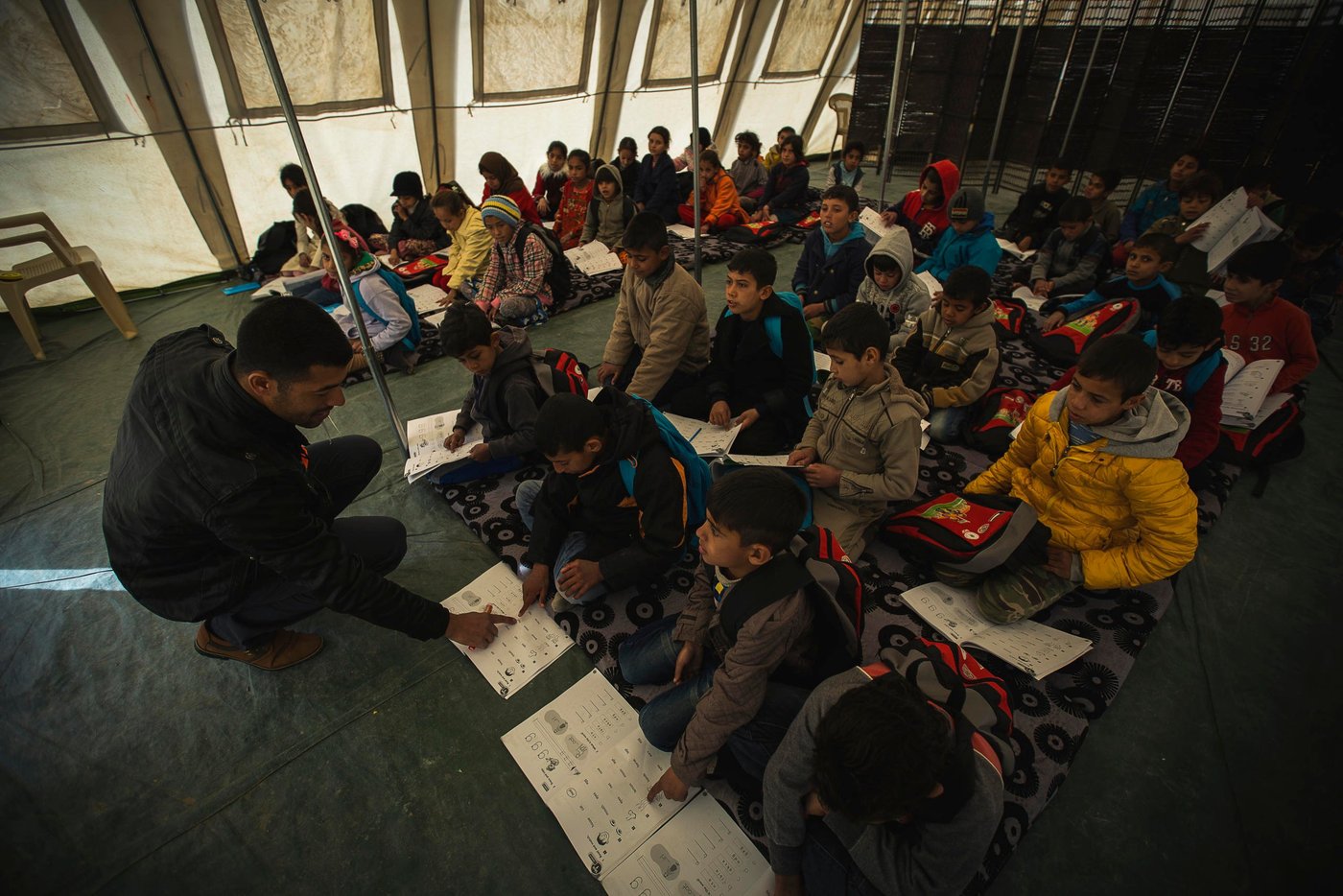
Reducing stress and nightmares
Children who have been recently displaced have missed up to two years of important social development and education. They may have been forced to attend ISIS schools, or have not attended school at all.
In additon to educational support, NRC provides psychosocial support to help children cope with their new surroundings and any traumatic events they may have experienced. We teach them deep breathing and stretching techniques that will help them reduce their stress. Through art they get a chance to process the events they have experienced in a positive manner in order to cope and reduce the number of nightmares.
